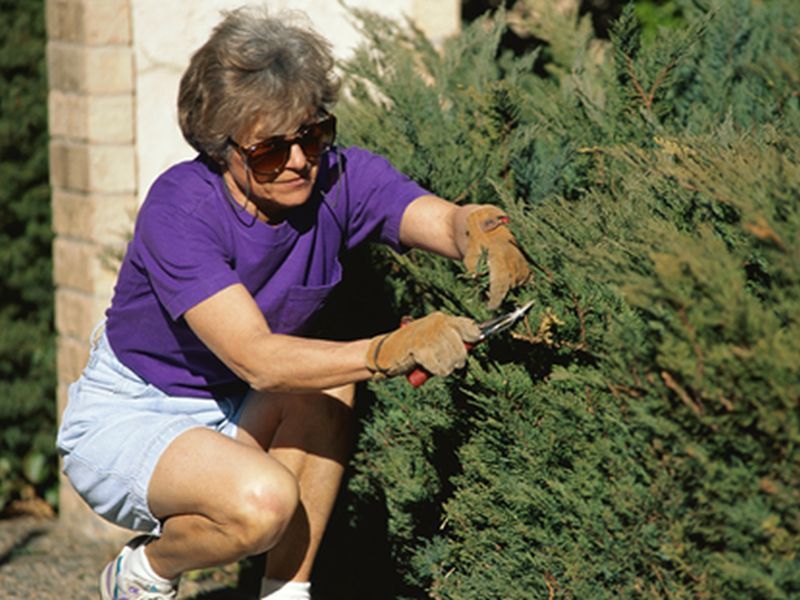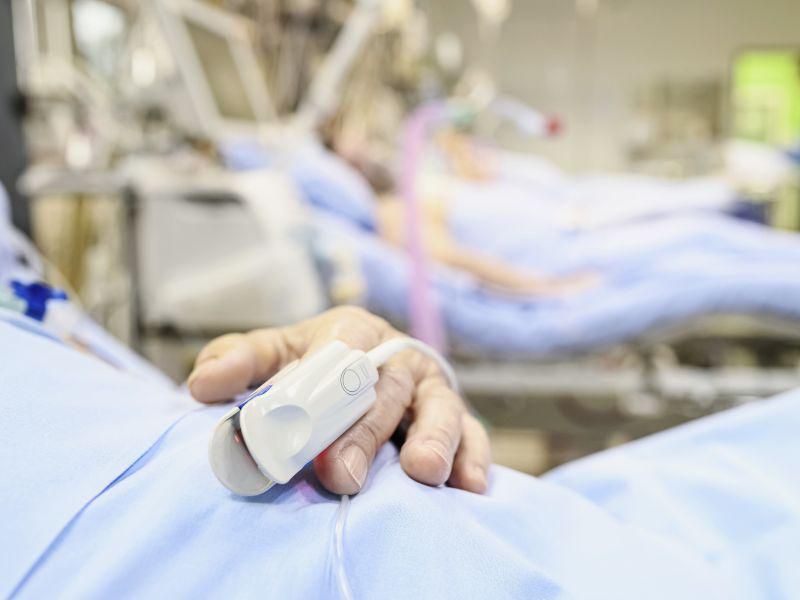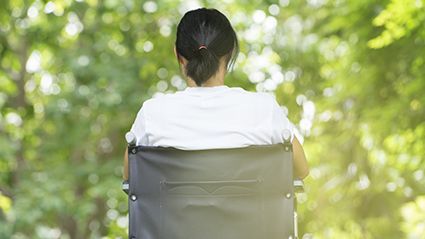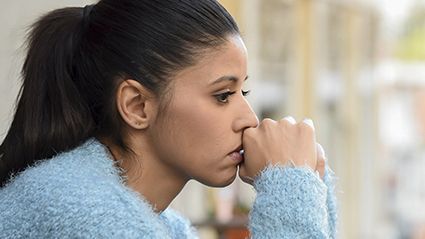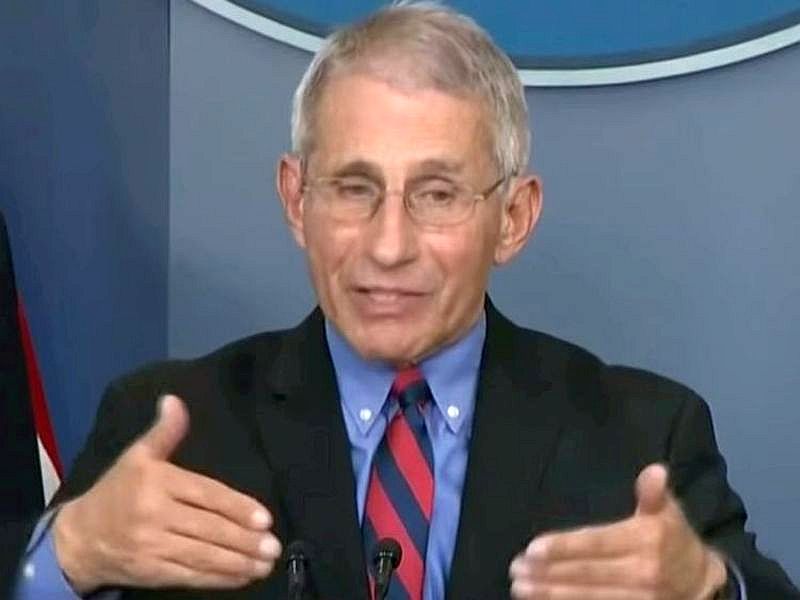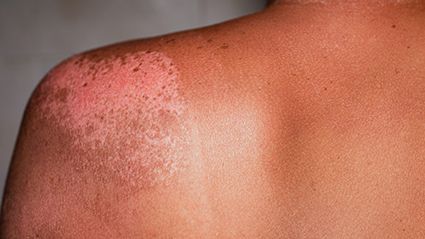
WEDNESDAY, Feb.3, 2021A majority of dermatology patients are happy with telehealth appointments in place of in-person office visits, a new study finds. The COVID-19 pandemic has forced many medical specialties to move from in-person to online appointments, but dermatology had already seen increased use of telehealth visits over the last decade, according to the George… read on > read on >











